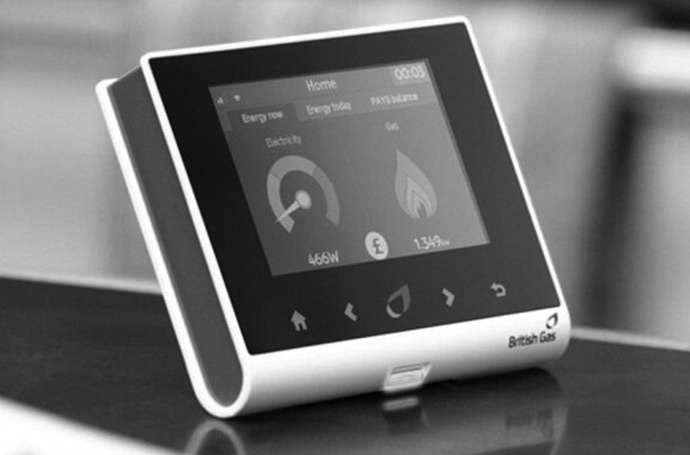Carbon Architecture has recently co-authored the Public Sector Smart Meter Guide for the Department of Business, Energy and Industrial Strategy (BEIS).
This guide was commissioned to provide guidance to those public sector decision makers who are working in energy and sustainability management, in broader estates management, and in the implementation of capital projects. The guide has multiple case studies from local authorities, schools, and social housing, and demonstrates a range of benefits which were realised from the introduction of smart meters.
Essentially, the roll-out of smart meters to replace traditional gas and electricity meters, is part of an infrastructure upgrade that will help make the UK’s energy system cheaper, cleaner, and will in turn help establish a more efficient public sector. This initiative also has the potential to make a significant contribution to the UK Government’s Net Zero 2050 targets, and will give the public sector the opportunity to demonstrate its leadership, encouraging the best practice in energy efficiency which can potentially lead to a sizable reduction in energy demand.
Our team worked with Bedford Borough Council, West Berkshire Council, Solihull Metropolitan Borough Council, Coventry City Council, Croydon NHS Trust, and Together Housing Association Limited, to bring together their experiences across a range of scenarios. The resulting case studies detail the key benefits of introducing smart meters in parallel with new LZC technology installations, to help identify faults in energy systems, and how the use of smart meters can help educate school pupils as to the benefits of energy monitoring, and how this can encourage a change in habits.
To read more about the guide click here.

